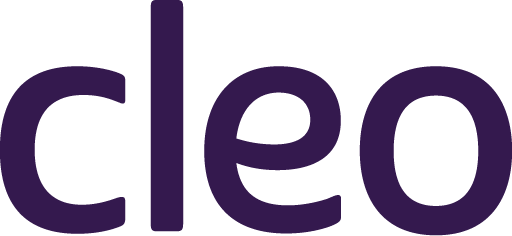Get key insights into parent and caregiver population health with Cleo’s Family Health Index Annual Report
Prior to Cleo’s Family Health IndexTM (FHI), no comprehensive multidimensional analytics tool existed to assess caregivers’ mental and physical health, caregiving burden, family support, or to identify burnout or burnout risk.
With this gap in mind, we created the FHI to efficiently assess each member’s needs and provide effective intervention and support. The FHI measures seven dimensions of family health: Confidence, Caregiving Balance, Self-Care, General Health, Mental Health, Connectedness, and Family Support.
Since we launched the Family Health IndexTM in February 2023, over 8,000 Cleo members have completed the FHI assessment. Members receive a score for each of the seven dimensions as well as an overall score.
“The real-time Family Health report that members receive has been highly effective in helping them understand how their wellbeing has been impacted, identify the root cause of that strain, and recognize the need to engage with a Cleo Guide so they can prioritize their own health needs while obtaining expert support for their loved ones” said Madhavi Vemireddy, our CEO of Cleo. “We can examine the effects of parenting and caregiving, across all life stages, situations, conditions, and global regions to identify key trends and support areas enabling us to take a more proactive approach to enhancing health and workforce engagement.”
Here are some key takeaways from the FHI Annual Report:
- Nearly half (48%) of Cleo’s parenting and caregiving members screen positive for symptoms of depression and/or anxiety. Cleo’s evidence-based cost savings analysis reveals that improvements in PHQ-4 scores can yield an average cost savings of $5,079 per maternity member and $1,293 per non-maternity parent or caregiver member for employers. The PHQ-4 results highlight that caregivers are at higher risk for mental health strain, emphasizing the critical need for emotional wellness screening, coaching and mental health support.
- 33% of Cleo’s parenting and caregiving members are at higher risk for burnout, primarily among school-aged parents, high school parents, and adult caregivers. The risk rises to 47% for sandwich generation members, underscoring the necessity for a unified platform to comprehensively identify and support all caregiving journeys.
- A lower overall FHI score, indicating a higher risk for burnout, correlates with greater productivity losses (presenteeism & absenteeism). This underscores the importance of early identification of at-risk caregivers and providing tailored support throughout their caregiving journey, due to the close interrelationship between health, burnout, and productivity.
- After engaging with Cleo’s experts and high-value digital interventions, 69% of members initially identified as higher-risk for burnout improve their overall FHI score. The FHI serves not only as a tool for risk stratifying and identifying needs but also as a tracking mechanism to evaluate the impact of key interventions delivered such as expert coaching sessions, concierge support for community resources, peer support, benefit referrals, and curated support plan tasks, all designed to enhance health and wellbeing outcomes for the whole family unit.
In this report, we share these key insights and others, correlations gathered from Cleo’s general population and higher-risk members, and explore how members’ FHI scores change over time.
Download your copy of the Family Health Index Annual Report now.
